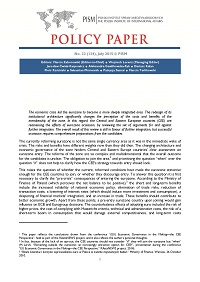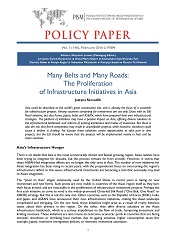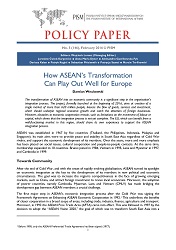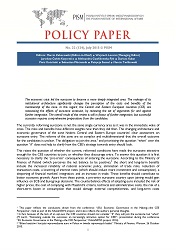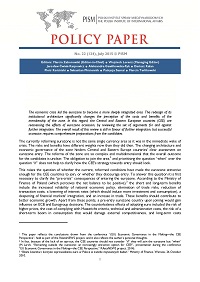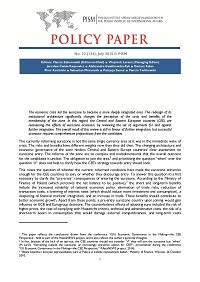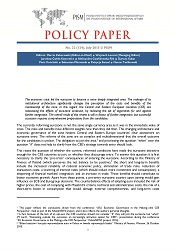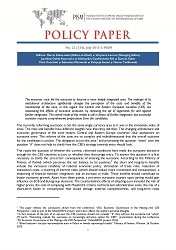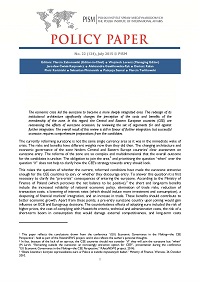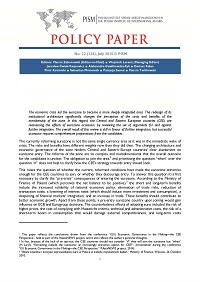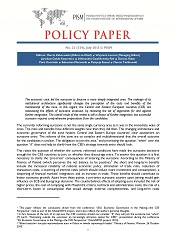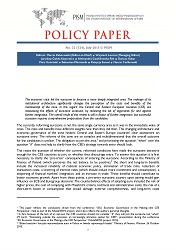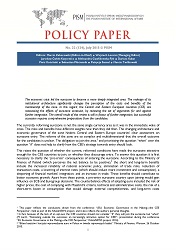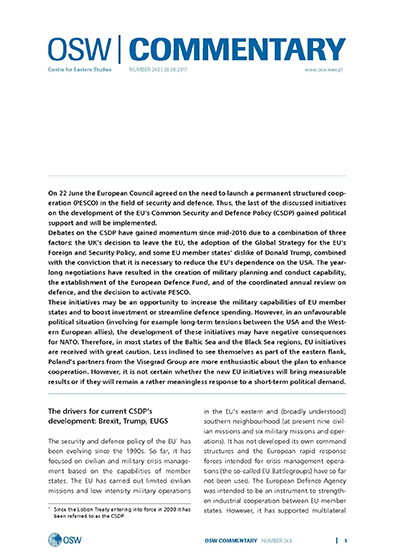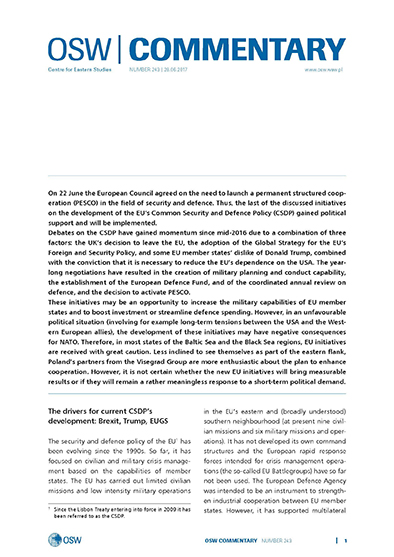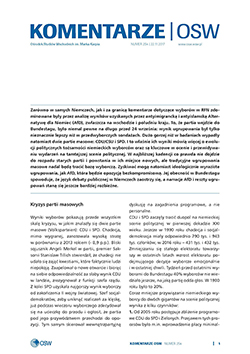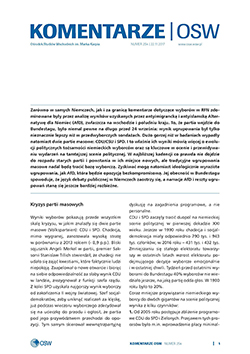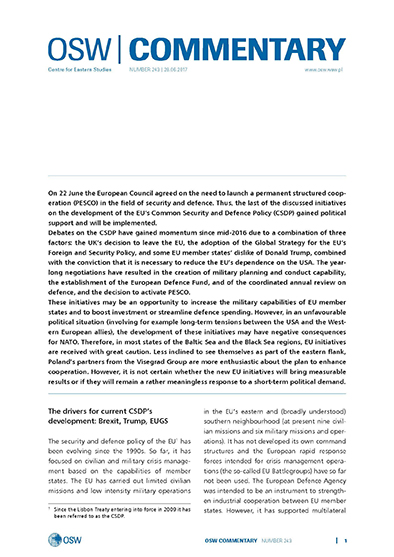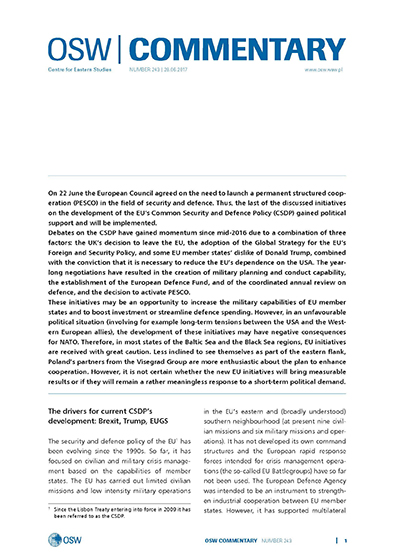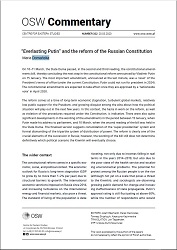Author(s): Marek Menkiszak,Witold Rodkiewicz / Language(s): English
On 6 April, the Trump administration introduced additional, more severe sanctions against Russia, covering 24 people and 14 companies: Russian oligarchs, the businesses they run, senior government officials and heads of state corporations, and (again) the Russian state arms company Rosoboroneksport. The immediate consequence of the new sanctions has been a downturn on the Russian stock market and the weakening of the rouble, as well as financial problems for the companies sanctioned, especially those belonging to the oligarch Oleg Deripaska. In the longer term the Russian oligarchs and their companies which conduct extensive activity abroad will find that the sanctions hamper their operations, and as a result, their dependence on the Kremlin will increase. On the other hand, the Kremlin will have increasing difficulty in recouping the affected oligarchs’ losses, which will lead to an increase in tensions within the elite, as well as a rise in social discontent, which will make the functioning of Putin’s regime more costly. || The US sanctions represent the next stage of the crisis in Russian-American relations. They were imposed just after the expulsion from Russia of 60 American diplomats in retaliation for a similar decision by the US regarding Russian diplomats. The crisis may deepen further as a result of the military response which the US has announced in response to a chemical attack in Duma, Syria on 7 April, most likely by the Assad regime’s forces. An escalation of the crisis does not suit the Kremlin, which still seems to nurture hope that the recently announced further Putin-Trump meeting could initiate the process of normalisation of Russian-American relations. On the other hand, for reasons concerning its image, the Kremlin will probably undertake some kind of limited retaliation against the US, in order to demonstrate to Washington its potential to cause harm. All this means a long-lasting crisis in Russian-American relations.
More...
